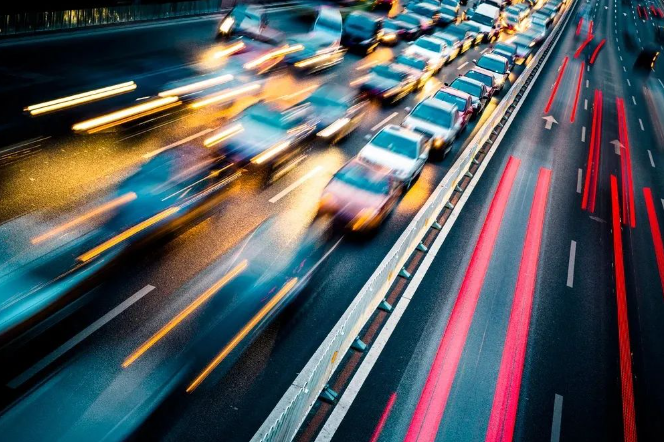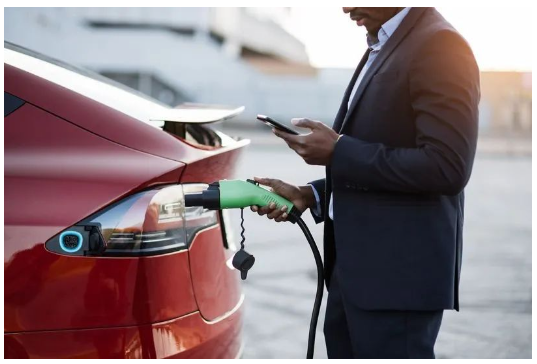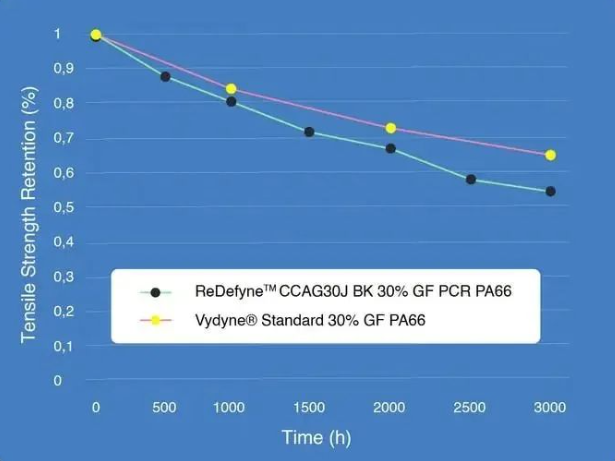
According to statistics, more than six million cars in Europe reach the end of their service life every year. Recently, the European Commission issued regulations on vehicle design cycle requirements and end-of-life vehicles (End-of-Life).
Vehicles (ELV) management regulations propose stricter rules for vehicle design, production, and scrapping processes to promote the realization of a circular economy, improve resource efficiency, and protect the environment. This is a shift from a directive to a regulation with more stringent requirements, which when implemented will be legally binding in every EU member state.
Laurent Perra, Ascend Europe Regional Sustainability Director, shared his perspective:
Wider recycled materials Stronger producer responsibility
The proposal covers the entire life cycle of vehicles from design, production to end-of-life; clarifies the rules for material use, establishes a vehicle registration system to ensure end-of-life vehicle compliance, and requires the recovery and regeneration of materials in end-of-life vehicles; also strengthens producers Extended responsibilities
Producer Responsibility (EPR) to ensure full cooperation in the complete supply chain.
One of the key requirements is that new car production must use at least 25% post-consumer recycled PCR materials, of which 6.25% must come from closed-loop raw materials.
Main Impact of the Bill
Stricter regulations have many significant impacts on material suppliers, vehicle manufacturers and recycled material producers.
Manufacturers must review and optimize processes from start to finish and select the right suppliers to meet customer requirements and achieve sustainability goals without sacrificing quality and performance. Automakers will change design and production processes to make vehicles more easily dismantled for recycling and must provide instructions for disassembling ELV components.
The proposal requires that new vehicles must use at least 25% post-consumer recycled PCR materials, and 25% of the raw materials (i.e. 6.25% of the total) must be closed-loop.

As a result, closer collaboration is needed across the entire circular value chain, and the challenge for car manufacturers will be to find high-quality PCR materials that are compliant without sacrificing quality and performance.
Bill Implementation Plan
The EU Parliament plans to vote on the bill in the spring of 2024; publish the calculation and verification rules for recycled plastic content at the end of 2026; conduct a feasibility study on the recycled plastic content target in 2027; and implement material declarations in 2030. The bill is scheduled to be fully implemented in 2031.

Ascend Sustainable Materials SolutionsHelp address industry challenges
Recycling and regenerating materials is undoubtedly a technical activity. Ascend relies on its professional knowledge and rich experience to launch ReDefyne™ recycled polyamide, using PCR materials that meet performance requirements to provide industry customers with a full range of material solutions to help the automotive industry. Circular economy development.
The ReDefyne™ sustainable product portfolio is made of post-consumer recycled PCR materials and pre-consumer recycled PIR materials. It can be customized according to customer requirements for different scenarios such as fuel vehicles and electric vehicles, and remains reliable and outstanding even in harsh application environments. performance, covering a series of non-reinforced, glass fiber filled, thermally stable, impact modified, UL94-V0
Flame retardant grades such as PA66, PA6 and PA66/PA6.

Take ReDefyne™ 30% glass fiber reinforced PA66 containing 25% recycled raw materials as an example. After testing, it has been verified that it has a comparable tensile strength retention rate to Vydyne® 30% glass fiber reinforced PA66.

Ascend acquired recycled materials producer Circular last year
Polymers holds a majority stake. This acquisition aims to provide high-quality PCR materials and ensure stable supply, which is also the focus of vehicle and supporting manufacturers.
Circular Polymers™ by Ascend
Proprietary technology is used to recycle scrap carpet and process it into high-performance materials used to produce ReDefyne™ and the rest of Ascend’s product portfolio with outstanding reliability and consistency. Its innovative technology has received multiple industry recognitions, including the Plastics Industry Sustainability Innovation Award, the Plastics Recyclers Association Innovation Award, the California Product Stewardship Council Award and the Carpet Recycling Processor Award, etc., setting a benchmark for circular economy operations in the automotive industry.
The recycled raw material of ReDefyne™ recycled polyamide is certified by SCS Global to meet ISO14021 standards and is analyzed by Sphera Life Cycle Analysis
Life cycle assessment standards provide a comprehensive and accurate quantitative assessment of carbon footprint.
Ascend’s team of product development and application engineers is happy to work with automakers to tailor sustainable products that are compliant without sacrificing quality and performance, helping them easily meet the challenges posed by the new legislation.

 微信扫一扫打赏
微信扫一扫打赏

